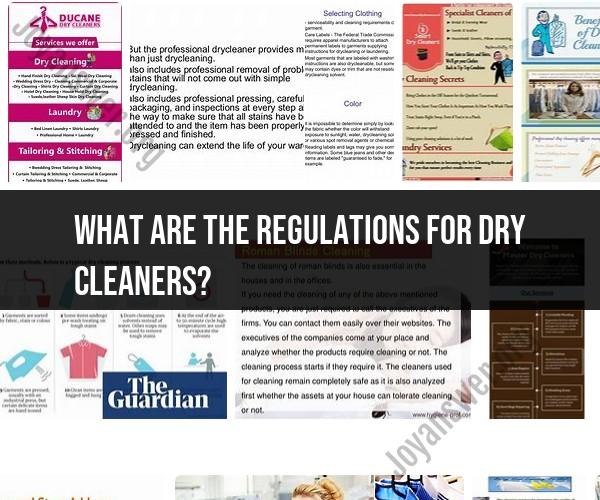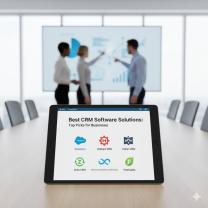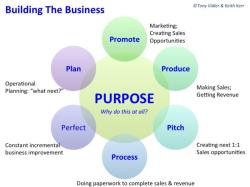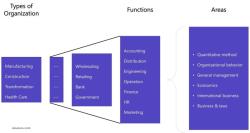What are the regulations for dry cleaners?
Dry cleaning regulations are put in place to ensure the safe and environmentally responsible operation of dry cleaning businesses. Compliance with these regulations is essential to protect both public health and the environment. Below are some key aspects of dry cleaning regulations and guidelines:
1. Perchloroethylene (PERC) Regulations:
- PERC is a commonly used solvent in dry cleaning, but its use is heavily regulated due to its potential health and environmental risks.
- Regulations often include limits on PERC emissions, equipment maintenance, and reporting requirements.
- Some regions have phased out the use of PERC or implemented strict controls to minimize exposure.
2. Air Emissions and Ventilation:
- Dry cleaners must comply with air quality regulations to limit emissions of volatile organic compounds (VOCs) and other hazardous air pollutants.
- Adequate ventilation systems and air pollution control equipment are typically required to reduce emissions.
3. Waste Management:
- Proper disposal of waste materials generated in dry cleaning processes is crucial. This includes used solvents, filters, and residues.
- Regulations may specify waste disposal methods, labeling, and storage requirements.
4. Reporting and Record-Keeping:
- Dry cleaners are often required to maintain records of solvent usage, emissions, waste disposal, and equipment maintenance.
- Regular reporting to environmental agencies may be mandated to demonstrate compliance.
5. Equipment and Maintenance:
- Regulations often stipulate standards for dry cleaning equipment, such as leak detection and prevention systems, to minimize solvent leaks and spills.
- Regular equipment inspections and maintenance are typically required.
6. Employee Training and Safety:
- Businesses are generally required to provide training to employees on the safe handling of solvents and compliance with workplace safety regulations.
7. Hazardous Material Handling:
- Proper labeling, handling, and storage of hazardous materials, including solvents and cleaning agents, are critical components of compliance.
8. State and Local Regulations:
- Dry cleaning regulations can vary widely by state and local jurisdiction. It's essential to be aware of and comply with regulations specific to your location.
9. Environmental Impact Mitigation:
- Some regulations may require dry cleaners to implement pollution prevention measures, such as reducing solvent usage and investing in environmentally friendly cleaning processes.
10. Alternative Solvents:- In response to environmental concerns, some regions encourage or require the adoption of alternative, more environmentally friendly dry cleaning solvents, such as hydrocarbon-based solvents or wet cleaning processes.
Compliance with dry cleaning regulations is critical to avoid legal issues, fines, and penalties. Violations can lead to environmental contamination, health risks, and damage to a business's reputation. Dry cleaning operators should stay informed about evolving regulations in their area and invest in necessary equipment and training to ensure compliance.
To navigate dry cleaning regulations effectively, it is advisable to work closely with local environmental agencies, industry associations, and legal experts who specialize in environmental and regulatory compliance. Additionally, staying up-to-date on best practices and industry developments can help dry cleaning businesses operate responsibly and sustainably.












